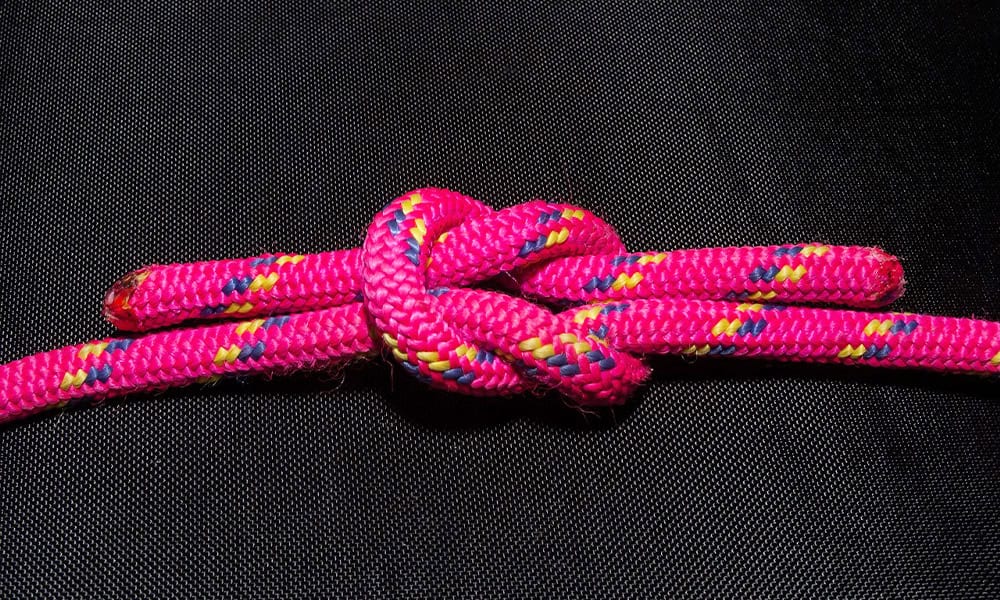This year, the Women’s Nautical School and the Costa Rican Federation of Tourist Fishing (FECOP) launched new training groups for women interested in pursuing careers in sport and tourist fishing. Given that the majority of people working in this sector are men, the program aims to address this imbalance. Moreover, this field offers a substantial income, making it crucial for women to gain access to these opportunities.
Thanks to the collaboration and support from Marina Flamingo, the project has progressed exceptionally well. As the 2024 Presidential Flamingo Fishing Rodeo unfolds this weekend, current students from the Nautical School will assist participants. They will be working on the docks, at the gasoline station, and providing services to clients boarding and disembarking from the boats.
Yesterday, the women underwent training on boat reception, knot-tying to secure boats, and other essential skills to ensure smooth operations.
This experience will undoubtedly help the participants build valuable skills and gain significant insights into the sport and tourist fishing industry. It will empower them to pursue new opportunities and enhance their personal and professional growth.
About the Women’s Nautical School
The Women’s Nautical School is spearheaded by Jokselin López and her husband. It aims to train women from Guanacaste and foster their inclusion in the sports and tourism fishing industry. This initiative has been made possible through FECOP’s support. Approximately 15 women are participating in this pilot training program, which began in Playas del Coco and seeks to create job opportunities for them while promoting their independence and ability to earn income through tourist and sport fishing.
The continuous training includes instruction on nautical ropes, basic inboard and outboard mechanics, lures and bait, boat maintenance, radio transmission, introductory oceanography, maritime legislation, and high-quality customer service.
Additionally, the course encompasses practical fishing experiences both in coastal and offshore settings, up to 40 nautical miles from the shore. The participants have applied their knowledge on designated boats, with captains and sailors contributing their time, expertise, and vessels to support the project.
To learn more about the school and the different ways to support this project visit: Women’s Nautical School






